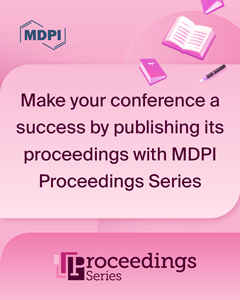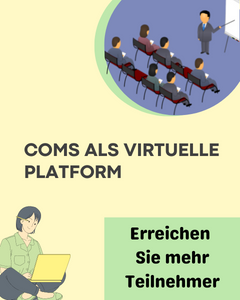Startseite / Konferenzkalender / Medizin & Gesundheitswesen / Medizin (allgem.), Innere Medizin / Kanada
Konferenzen > Medizin & Gesundheitswesen > Medizin (allgem.), Innere Medizin > Kanada
Wählen Sie ein Land aus
Australien (1) Belgien (1) Deutschland (4) Französisch-Polynesien (1) Großbritannien (3) Kanada (1) Portugal (1) Schweiz (1) Singapur (1) Slowenien (1) Vereinigte Arabische Emirate (1) Vereinigte Staaten (5) Virtuelle Veranstaltung (6)
1
Ten-Minute CBT: No-bullshit tools for busy clinicians
02. Aug 2024 • Prince George - hybrid, Kanada
Eintrags-ID:
1627656
Webseite:
Conference-Service.com stellt der Öffentlichkeit ein Kalendarium wichtiger Konferenzen, Symposien und sonstiger Tagungen im wissenschaftlich-technischen Bereich zur Verfügung. Obwohl das Verzeichnis mit großer Sorgfalt zusammengestellt und ständig aktualisiert wird, weisen wir auf die Möglichkeit von Fehlern ausdrücklich hin. Bitte vergewissern Sie sich immer beim Veranstalter, bevor Sie über die Teilnahme oder Nichtteilnahme an einer Konferenz entscheiden.
Kein Tracking | Keine Pop-ups | Keine Animationen
Stand vom 8. Juli 2024



